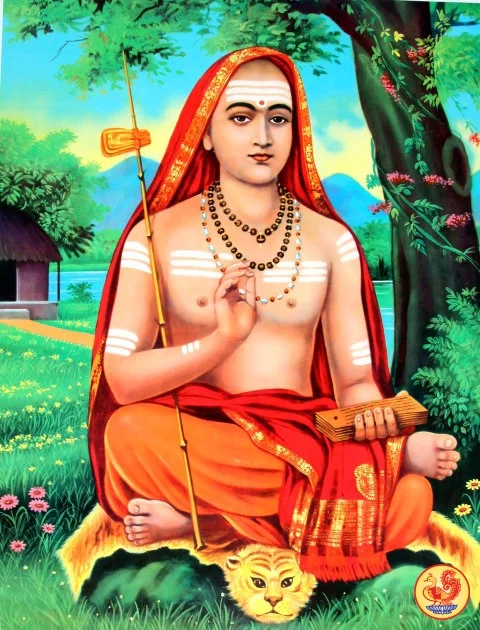Nine Reasons to Love Mantra-s
/Among all of the tools that Yoga has to offer, one of the most intriguing among them is Mantra-s. Through the history of the Vedic culture and the Yogic tradition, Mantra-s have always played a very significant role in the path of personal transformation and spiritual liberation. Hence an aura of reverence and dignity always surrounds it, even to the present day.
Yet, in its journey from antiquity to modernity, for various reasons known and unknown, it has become limited in its scope and hence in practice. However, in recent times there seems to a renaissance in the openness people have towards its practice, prompting many to seek ways to begin their own personal journey with Mantra-s.
Read More











